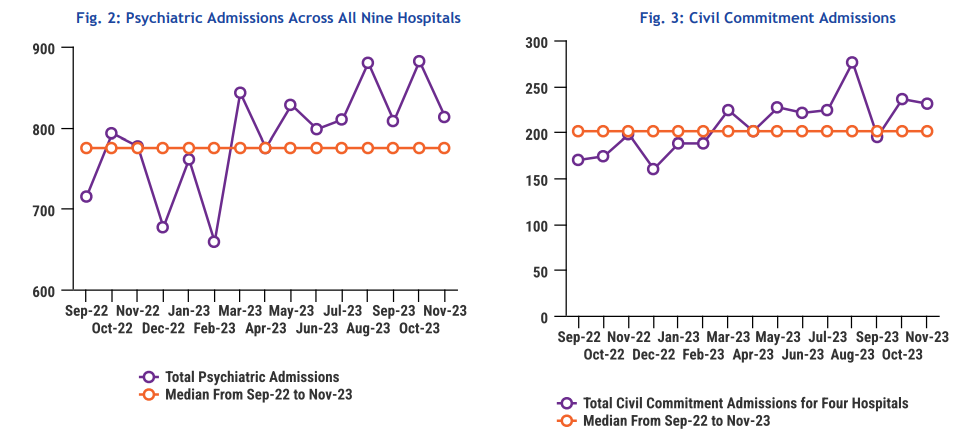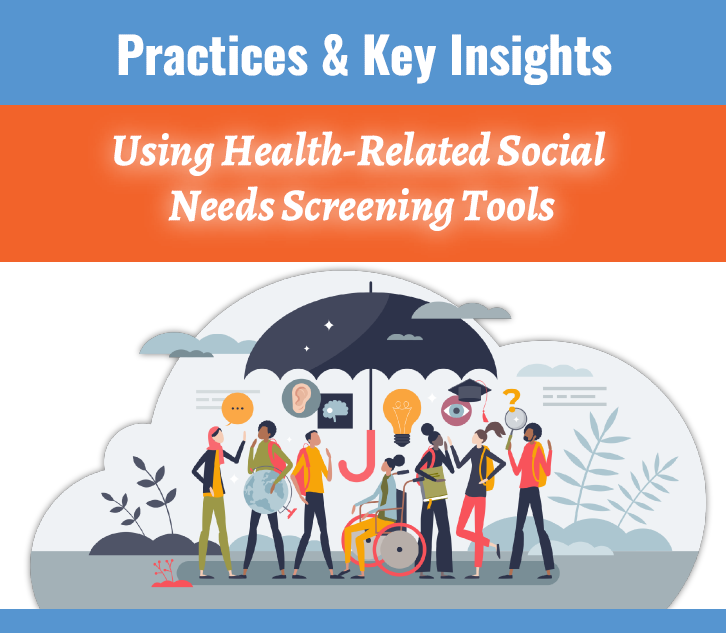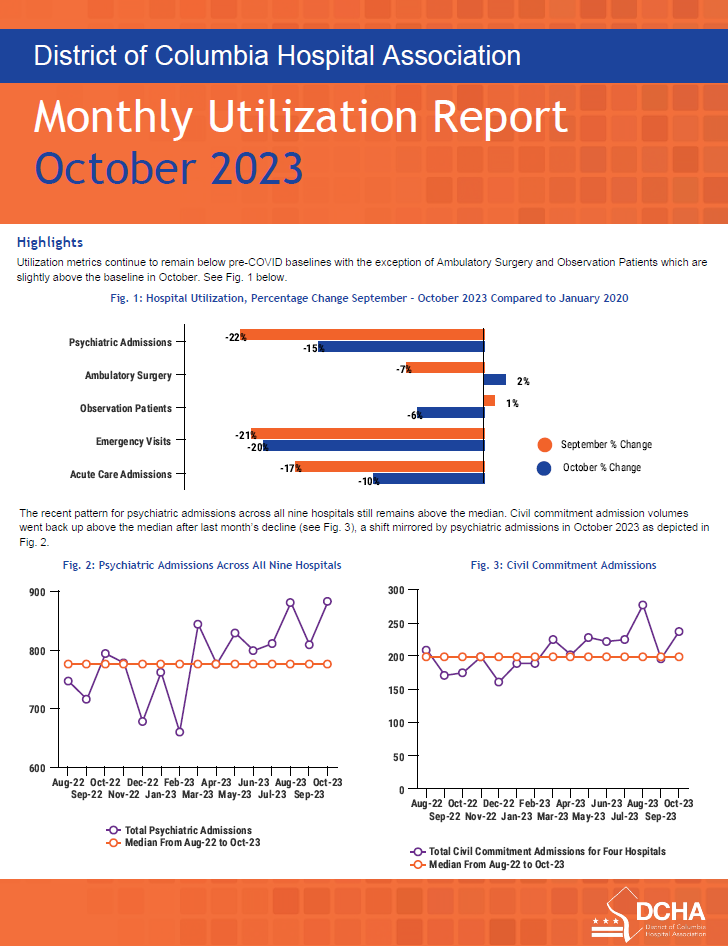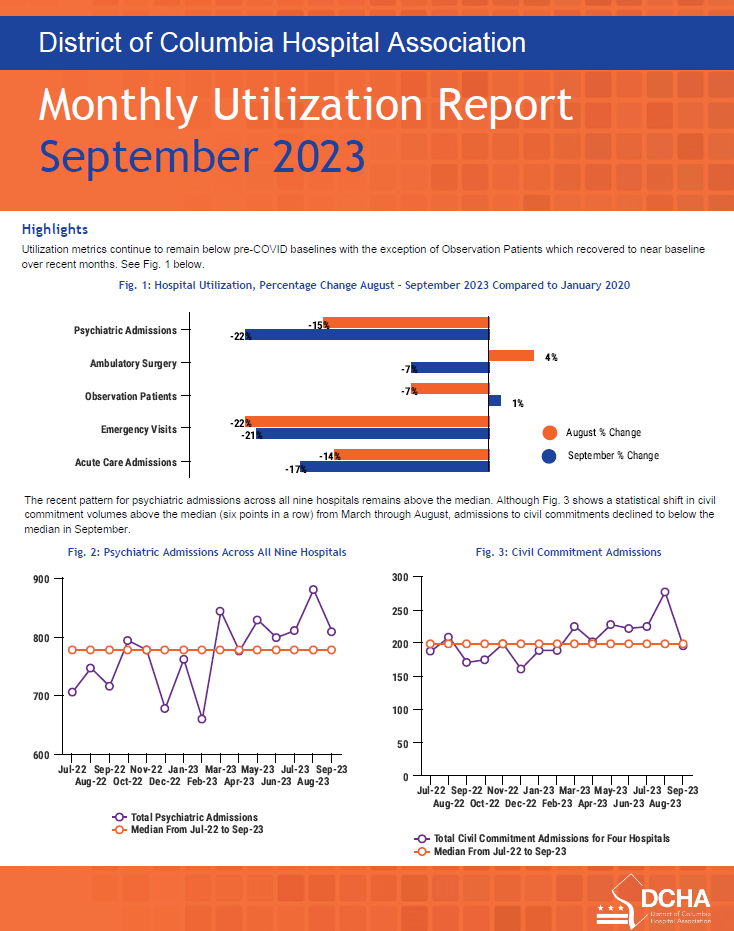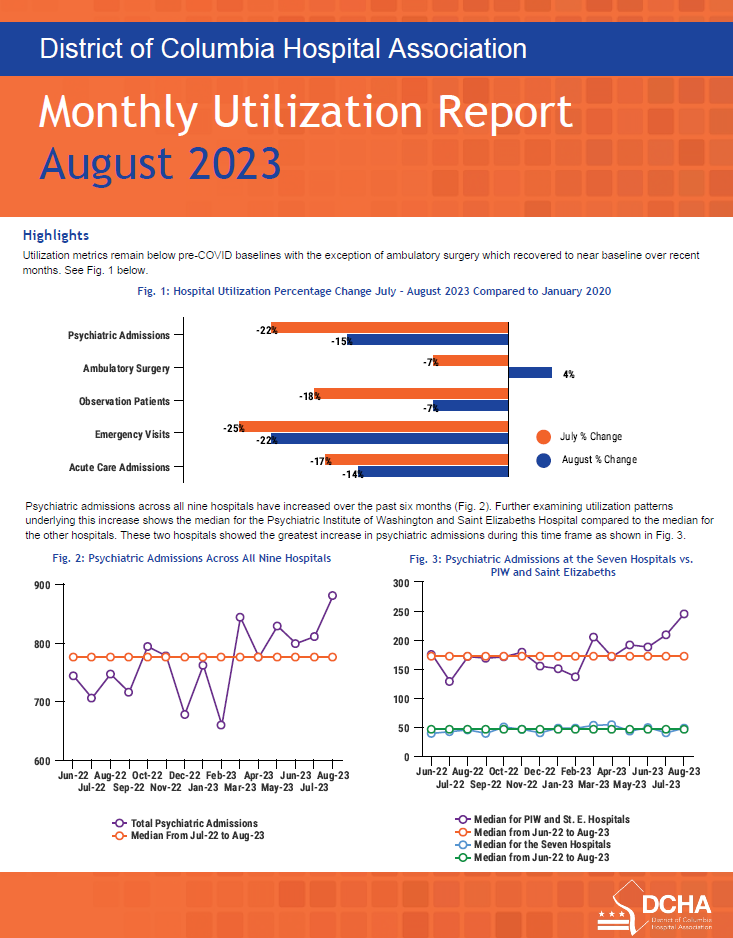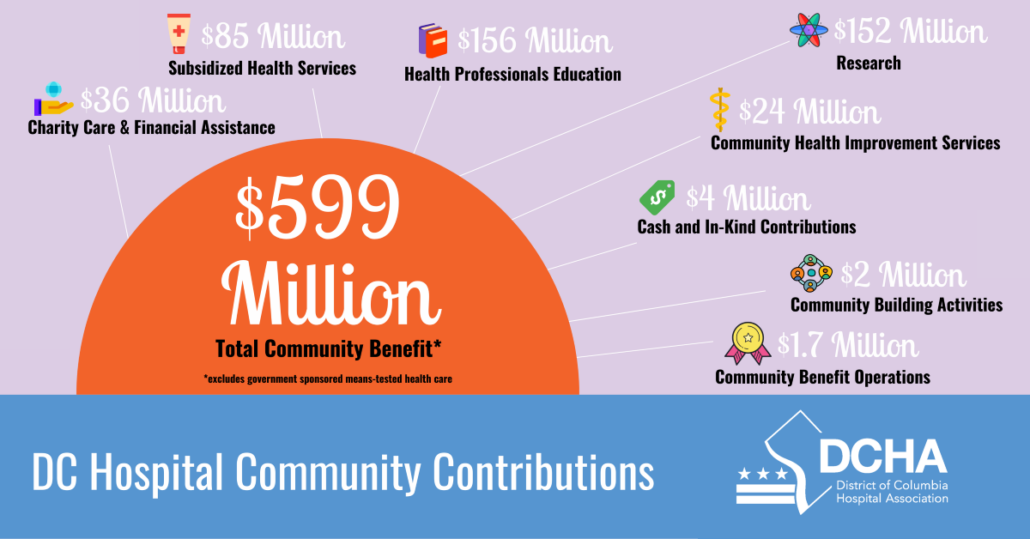In modern health care, hospitals stand as beacons of healing, embodying the convergence of medical science and human empathy. These centers of health are not just facilities; they symbolize a commitment to providing equitable care to all. Yet, beneath the surface of this noble endeavor, disparities persist, reflecting broader societal challenges. Health equity in hospitals goes beyond policy; it represents a moral imperative to ensure that every individual receives the care they need regardless of background or economic status. This complex and ever-evolving pursuit is at the heart of transforming healthcare into a truly inclusive system.
Why Does Inequity Exist in Hospitals
The persistence of inequity within the walls of hospitals is a complex issue with multifaceted roots. Several key factors contribute to the existence of inequity in health care settings.
- Socioeconomic Disparities: Patients from lower-income backgrounds often face barriers to accessing health care services, including limited financial resources, lack of insurance, and transportation challenges. These barriers can result in delayed or forgone medical care, ultimately impacting health outcomes.
- Racial and Ethnic Disparities: Systemic racism and bias within health care systems can lead to differential treatment and healthcare access based on a patient’s race or ethnicity. This can result in disparities in the diagnosis and management of diseases, as well as variations in treatment recommendations.
- Geographical Disparities: Rural or underserved areas often have fewer health care facilities and providers, reducing access to care. Patients in remote areas may need to travel long distances to reach a hospital or specialist, creating disparities in health care utilization.
- Cultural and Linguistic Barriers: Cultural and linguistic differences between patients and health care providers can hinder effective communication and understanding. This can lead to misdiagnoses, inappropriate treatments, and reduced patient engagement, all of which contribute to health care inequity.
- Lack of Diversity in the Health Care Workforce: Patients may feel more comfortable and receive more culturally competent care when treated by health care professionals who share their background. Increasing diversity among health care providers is essential to addressing this aspect of health care inequity.
- Systemic and Policy Factors: These may include underfunding of health care programs, lack of investment in underserved communities, and policies limiting access to care for certain populations. Addressing these systemic and policy factors is crucial to reducing health care inequities.
The Role of Medicare in Health Equity
Medicare supports health equity through its comprehensive coverage, which includes hospitalization, outpatient medical services, and prescription drugs. This coverage helps reduce the disparities in health care access and outcomes for the elderly and disabled populations. Moreover, Medicare’s preventive care services and chronic disease management programs are instrumental in mitigating health inequities, as these initiatives are designed to provide early detection and consistent management of health conditions that disproportionately affect underserved populations.
Despite its significant role, Medicare faces challenges in fully addressing health equity. Issues such as coverage gaps, high out-of-pocket costs for certain services, and limitations in long-term care coverage can still leave some beneficiaries vulnerable. Additionally, disparities in health care access and quality persist among different groups within the Medicare population, influenced by factors such as race, ethnicity, and socioeconomic status.
One aspect of Medicare that impacts health equity is its portability, especially when beneficiaries move to another state. Understanding how to transfer Medicare to another state is crucial for maintaining continuity of care. While Medicare coverage is generally nationwide, there are nuances, particularly with Medicare Advantage plans and Part D prescription drug plans, which may have specific service areas or networks.
Beneficiaries must be aware of these details to ensure seamless access to health care services when relocating, thus contributing to the overall goal of health equity in the Medicare program.
Strategies for Advancing Health Equity in Hospitals
This section delves into the strategies hospitals are adopting to advance health equity, ensuring that every individual receives equitable care.
- Policies and Practices to Enhance Health Equity in Hospitals: Hospitals must adopt policies and practices that explicitly address disparities to advance health equity. This includes implementing anti-discrimination policies, promoting diversity and inclusion in the workplace, and adopting equitable hiring and promotion practices. Hospitals can also establish clear guidelines for addressing patients’ cultural and linguistic needs, ensuring that all individuals receive respectful and equitable care.
- Role of Healthcare Professionals in Promoting Equity: Health care professionals play a pivotal role in advancing health equity. Training programs should focus on cultural competency and sensitivity, enabling healthcare providers to understand and address the unique needs of patients from diverse backgrounds. Encouraging diversity in the health care workforce is essential, as a diverse health care team can better relate to and serve a diverse patient population.
- Importance of Community Involvement and Patient Advocacy: Engaging with the community is essential for hospitals to address health disparities effectively. This involves partnerships with local organizations, conducting community needs assessments, and involving community members in decision-making processes. Additionally, hospitals can establish patient advocacy programs to empower individuals to navigate the health care system and advocate for their health. Also, many minority-owned business enterprises are taking a more proactive role, establishing business models that can effectively address inequity within health care settings.
- Utilizing Technology and Data to Address Inequities: Advancements in health care technology and data analytics can be harnessed to identify and address health inequities. Hospitals can use data to track disparities in care outcomes and tailor interventions accordingly. Telehealth and remote monitoring can increase access to care for underserved populations, bridging geographic barriers. Moreover, electronic health records can include cultural and social determinants of health data to provide a more comprehensive view of patients’ needs.
Wrapping Up
The challenges are evident in the journey toward health equity, but so is the unwavering commitment to change. Health equity is not an abstract goal. It’s a fundamental right. Hospitals, as beacons of hope, are pivotal in this pursuit. Policies, practices, and innovation are shaping a healthcare landscape where every individual receives the care they deserve. This journey is not finite; it’s a continuous path toward a world where health disparities are a thing of the past.


